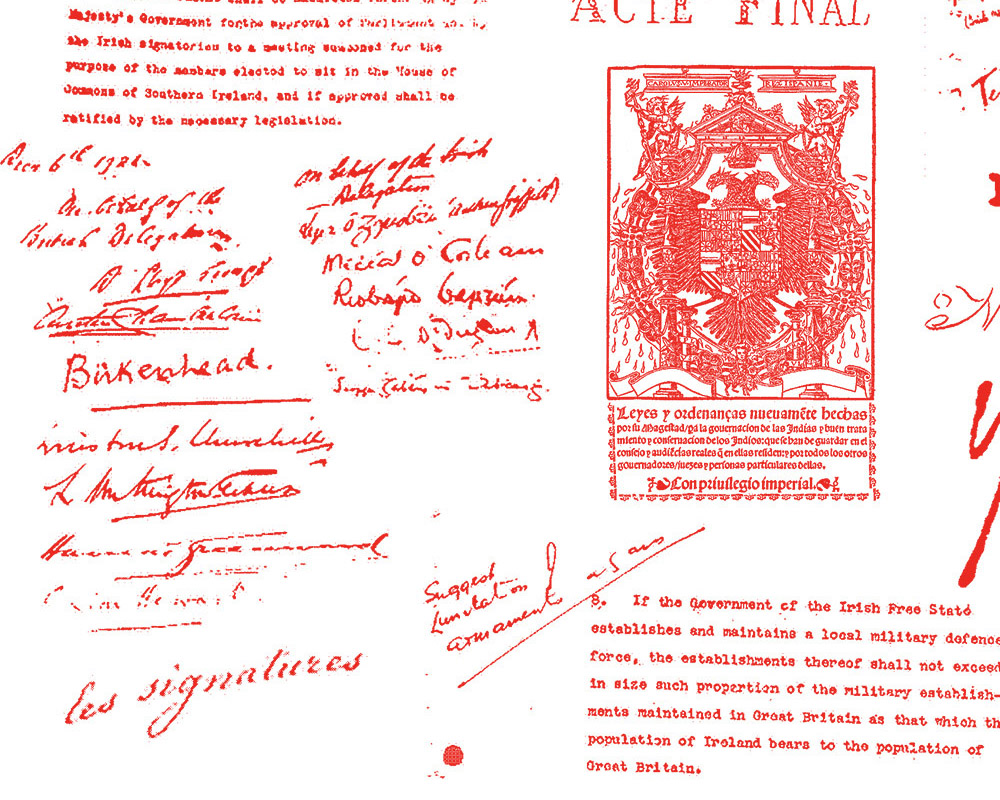


Treaty on Principles Governing the Activities of States in the Exploration and Use of Outer Space, including the Moon and Other Celestial Bodies
Londres, Moscovo e Washington, 27 de Janeiro de 1967
(…)
Article I
The exploration and use of outer space, including the moon and other celestial bodies, shall be carried out for the benefit and in the interests of all countries, irrespective of their degree of economic or scientific development, and shall be the province of all mankind.
Outer space, including the moon and other celestial bodies, shall be free for exploration and use by all States without discrimination of any kind, on a basis of equality and in accordance with international law, and there shall be free access to all areas of celestial bodies.
There shall be freedom of scientific investigation in outer space, including the moon and other celestial bodies, and States shall facilitate and encourage international co-operation in such investigation.
Article II
Outer space, including the moon and other celestial bodies, is not subject to national appropriation by claim of sovereignty, by means of use or occupation, or by any other means.
(...)
Article IV
States Parties to the Treaty undertake not to place in orbit around the earth any objects carrying nuclear weapons or any other kinds of weapons of mass destruction, install such weapons on celestial bodies, or station such weapons in outer space in any other manner.
The moon and other celestial bodies shall be used by all States Parties to the Treaty exclusively for peaceful purposes. The establishment of military bases, installations and fortifications, the testing of any type of weapons and the conduct of military manoeuvres on celestial bodies shall be forbidden. The use of military personnel for scientific research or for any other peaceful purposes shall not be prohibited. (...)
Article V
(...)
States Parties to the Treaty shall immediately inform the other States Parties to the Treaty or the Secretary-General of the United Nations of any phenomena they discover in outer space, including the moon and other celestial bodies, which could constitute a danger to the life or health of astronauts.
(...)
IN WITNESS WHEREOF the undersigned, duly authorized, have signed this Treaty.
DONE in triplicate, at the cities of London, Moscow and Washington, on the 27th day of January, 1967.
A exploração e utilização do espaço sideral, incluindo a Lua e outros corpos celestes, deve ser realizada em benefício e no interesse de todos os países, independentemente do seu grau de desenvolvimento económico ou científico, e deve constituir património de toda a humanidade.
O espaço sideral, incluindo a Lua e outros corpos celestes, deve ser livre para exploração e utilização por todos os Estados, sem discriminação de qualquer tipo, com base na igualdade e em conformidade com o direito internacional, garantindo-se o livre acesso a todas as áreas dos corpos celestes.
Deve haver liberdade de investigação científica no espaço sideral, incluindo a Lua e outros corpos celestes, e os Estados devem facilitar e incentivar a cooperação internacional nessa investigação.
Artigo II
O espaço sideral, incluindo a Lua e outros corpos celestes, não está sujeito a apropriação nacional por reivindicação de soberania, por meio de utilização ou ocupação, nem por qualquer outro meio.
(...)
Artigo IV
Os Estados Partes no Tratado comprometem-se a não colocar em órbita ao redor da Terra quaisquer objetos que transportem armas nucleares ou quaisquer outros tipos de armas de destruição maciça, a não instalar tais armas em corpos celestes, nem a estaciona-las no espaço sideral de qualquer outra forma.
A Lua e outros corpos celestes devem ser utilizados por todos os Estados Partes no Tratado exclusivamente para fins pacíficos. É proibido o estabelecimento de bases militares, instalações e fortificações, assim como a realização de testes de qualquer tipo de armas e de manobras militares em corpos celestes. O uso de pessoal militar para investigação científica ou para outros fins pacíficos não será proibido.
(...)
Artigo V
(...)
Os Estados Partes no Tratado deverão informar imediatamente os outros Estados Partes ou o Secretário-Geral das Nações Unidas sobre quaisquer fenómenos que descubram no espaço sideral, incluindo a Lua e outros corpos celestes, que possam constituir um perigo para a vida ou saúde dos astronautas.
(...)
EM TESTEMUNHO DO QUE, os abaixo-assinados, devidamente autorizados, assinaram o presente Tratado.
FEITO em triplicado, nas cidades de Londres, Moscovo e Washington, no dia 27 de janeiro de 1967.